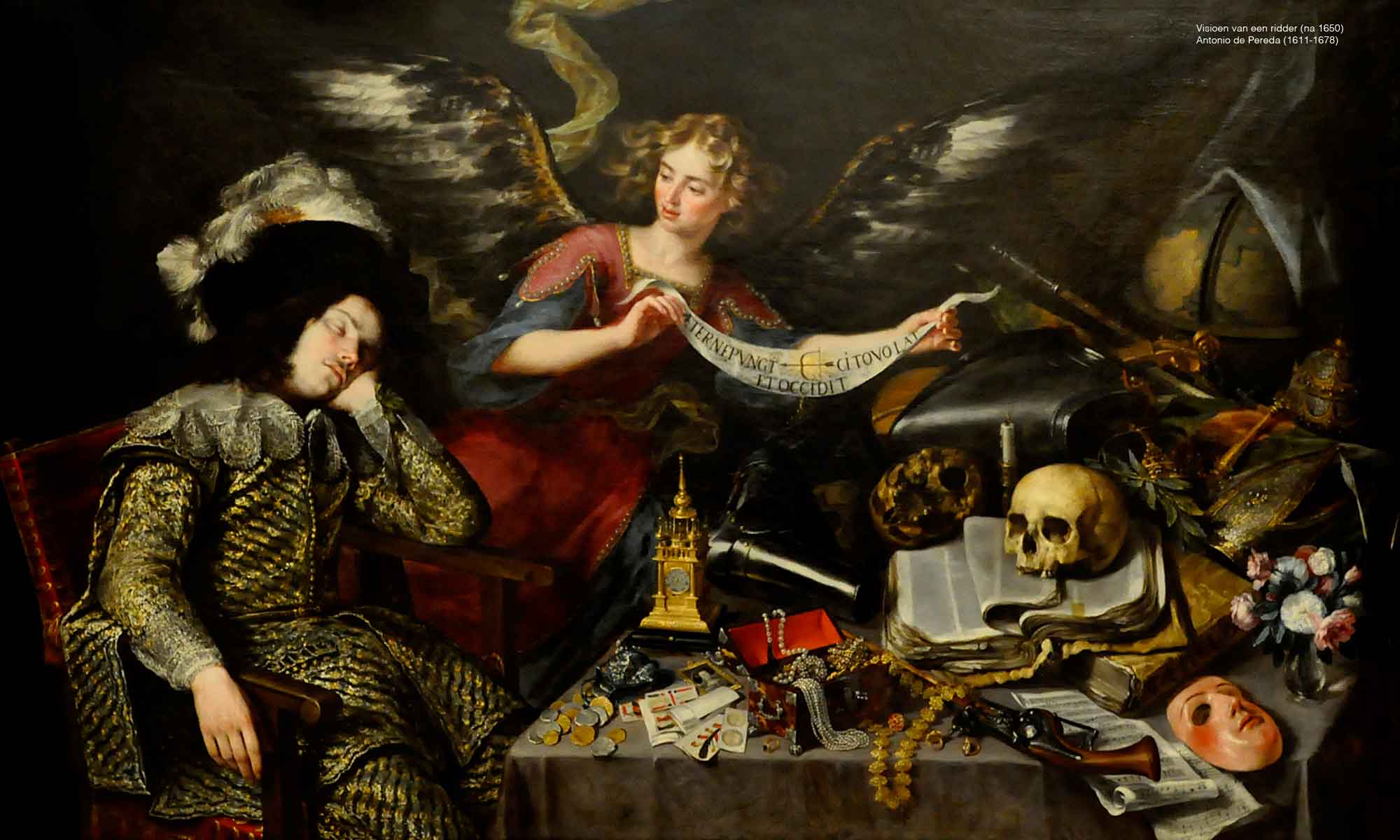Defining “conservative” and “liberal”
This is how I define the two terms in my book, American Dreamers: What Dreams Tell Us about the Political Psychology of Conservatives, Liberals, and Everyone Else:
In their common usage as adjectives the words “conservative” and “liberal” carry meanings that are more or less opposed to each other. To be conservative means to safeguard something of value, to protect it for the future, to preserve its integrity against dangerous change. To be liberal means to act with generosity, tolerance, and openness towards others. Both terms come from Latin roots: servare, “to watch, keep safe,” and conservare, “to keep, preserve”; liber, “free,” and liberalis, “pertaining to a free man” (i.e., not a slave).
The two words are used in non-political situations every day (e.g., “a conservative estimate,” “a liberal serving”), and there’s no big mystery about their meanings. The difficulty comes in trying to fathom the alchemical processes by which their political connotations have shifted and morphed over time. At first sight, the political application of the terms would seem clear. Conservatives are cautious defenders of the status quo and liberals are free-thinking agents of progress. Conservatism as a political ideology is usually associated with Edmund Burke’s anxious writings in the late 1700’s about the French Revolution and its violent attempt to create a new and better form of society. From Burke onward, conservatives have been people who question the wisdom of grandiose plans for social engineering and who prefer to maintain the traditional, trustworthy ways of living that have developed gradually through history.
The political ideology of liberalism first emerged in the Enlightenment philosophies of John Locke and Jean-Jacques Rousseau, whose writings played a central role in the fight to break free of the Catholic Church’s monopoly on political power in early modern Europe. Since then, liberals have acted as champions of individual liberty in all spheres of life, envisioning a future of greater happiness and prosperity for everyone, a future that can be achieved by rational thought, cooperative effort, and scientifically-designed technologies.
Liberals, generally speaking, fear the stifling oppression of religious dogma and affirm the natural dignity and power of human reason. Conservatives, meanwhile, worry about radical, uncontrollable change and desire stability and tradition above all else.
That’s how it used to be, anyway. In twenty-first century American politics the two terms have taken on rather different connotations. Conservatives today still advocate the classic values of social order, moral discipline, and religious faith. But most of them are also dedicated to the cause of free market capitalism, an economic system that is relentlessly destabilizing in its impact on communities and individuals (just ask anyone who’s working two jobs or has seen their position moved overseas). Along with that, American conservatives stand out in their opposition to any real efforts to protect the natural environment—a strange position from an ideology supposedly devoted to preserving the heritage of the past from present and future dangers. And would anyone who values stability, traditional wisdom, and cautious skepticism towards grandiose plans for change ever have launched the current war in Iraq? Yet American conservatives did just that, and they continue to be the war’s most passionate advocates. We’ve come a long way from Edmund Burke.
As for liberals, they remain forceful proponents of greater freedom of expression in American life and more generous care for the poor and underprivileged. They question the authority of religion in the formulation of public policy, and they push for scientific rationality in solving the problems of society. But in practice many of their methods have led to an out-of-control rise of state power and governmental interference with people’s lives, limiting individual freedoms in order to favor the interests of one group over another. We can be sure that Locke and Rousseau would have been astonished at the gargantuan size and dizzying bureaucratic complexity of the American government today. At a certain point the state apparatus of liberal governance expands to the point where it stops being an agent of change and turns into a self-perpetuating colossus whose inertial mass makes any real change almost impossible.
The upshot is that both terms have flip-flopped in their application to various political issues over the course of American history. This is one of the many reasons why we must be careful in how we talk about conservatives and liberals in America today. Ultimately I’m going to argue that everyone’s political attitudes are a mixture of both liberal and conservative ideals, and therefore it’s misleading to separate people into two absolutely distinct types of political personality.
William Safire, Safire’s New Political Dictionary (New York: Random House, 1993). For more on current research in political psychology, see David O. Sears, Leonie Huddy, and Robert Jervis, ed.s, Oxford Handbook of Political Psychology (Oxford: Oxford University Press, 2003) and John T. Jost and Jim Sidanius, ed.s, Political Psychology: Key Readings (New York: Psychology Press, 2004). The International Society for Political Psychology also provides top-quality resources in this field (www.ispp.org)
